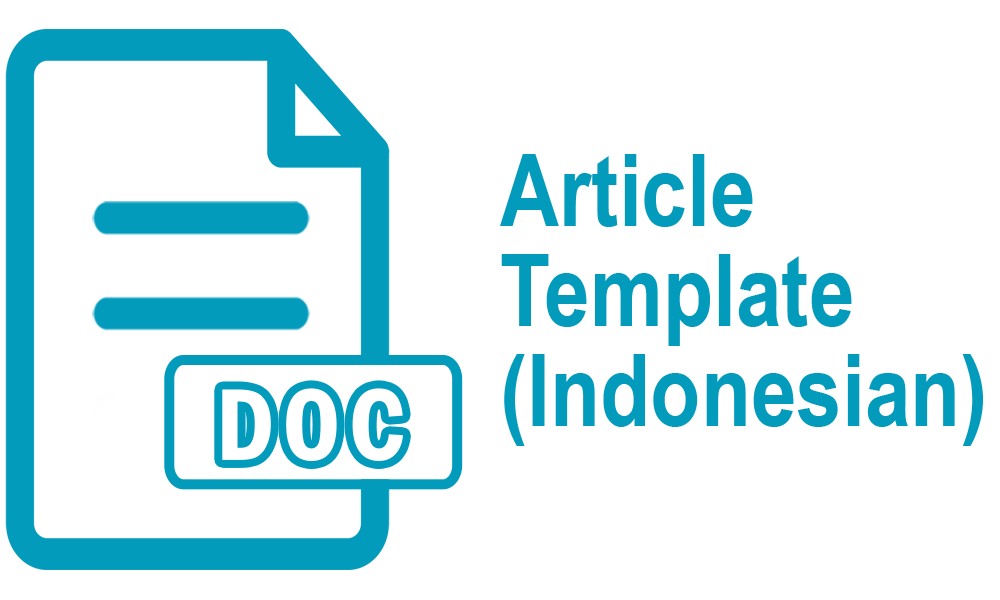TRANSLATING METAPHORICAL EXPRESSIONS OF BANJAR PROVERBS IN REVEALING HIDDEN MORAL GUIDANCE
Abstract
ABSTRACT
This paper studies about translating metaphorical expressions of Banjar and to reveal moral guidance. The translation of proverbs is really essential because it leads us to other areas of study, such as the grammatical function of the marked word, phrase, or sentence, which assist us in revealing moral values and cultural values. The current paper uses the data taken from a blog entitled Khazanah Makna Kata Bahasa Banjar with the address http://khazmakata.blogspot.com/2008/08/peribahasa-dalam-bahasa-banjar.html. The method applied in this study is descriptive qualitative method with the theory employs in this current paper is the theory of metaphor translation, the theory of proverbs and moral universal values theory.This study limitations are Translation strategies to translate metaphorical expressions of Banjar proverbs and to reveal the moral guidance/values hidden in Banjar proverbs. The metaphorical expressions of Banjar proverb are found as many as 114 proverbs consisting of 103 are metaphorical expressions or 90% and only 6% of nonmetaphorical or 7 data out of 114 data and others 4% or 4 data out of 114. The result of the research is showing 100% moral guidance which is dominated by integrity as the universal of moral values. the moral value of integrity is dominated Banjar proverb which may represent Banjar people who hold tightly the integrity as their primary guidance of morality and then followed by responsibility and compassion which show 24% each.
Key words: Metaphor Translation, Banjar Proverb, Moral Guidance
Keywords
Full Text:
PDFReferences
Abdullah, A. 2014. Peribahasa Banjar Dalam Budi Daya. Lingua, 10(2), 111-116. [Cultural and Historical Origins]
Baker, M. 1993. Corpus Linguistics and Translation Studies: Implications and Applications. Text & Technology, 3(3), 233-250.
Bassnett, S. 2002. Translation Studies. Routledge.
Elliott, R. 1999. Editor’s introduction to special issue on qualitative psychotherapy research:Definitions, themes and discoveries. Psychotherapy Research, 9, 251–257.
Gallacher, Stuart A. 1959. “Frauenlob’s Bits of Wisdom: Fruit of His Environment. “In Middle, Ages, Reformation, Volkskunde. Festschrift For John G. Kunstmann, no editor given, 45 – 58. Chapel Hill: University of North Carolina Press.https://link.gale.com/apps/doc/A65714327/AONE?u=anon~e3dc2318&sid=googleScholar&xid=7c3d9185
Hutchins, W. J. 2007. Machine Translation: Past, Present, Future. Springer.
Issa, H. 2017. Translating Figurative Proverbs from Two Syrian Novels:Muftaraq alMaṭarbyYūsuf al-Maḥmūd and Anājīl al-Xarāb by NaufalNayouf. Arab World English Journal for Translation & Literary Studies, 1(2). DOI:http://dx.doi.org/10.24093/awejtls/vol1no2.6
Kinnier, R. T., Kernes, J. L., & Dautheribes, T. M. 2000. A Short List of Universal Moral Values. Counseling and Values, 45 (1) 4.
Mieder, Wolgang. 1996. “Proverbs.” In American Folklore: An Encyclopedia, ed. By Jan Harold Brunvand, 597-601New York: Garland Publishing
Msoroka, M. S., & Amundsen, D.(2018. One size fits not quite all: Universal research ethics with diversity. Research Ethics, 14(3), 1–17. https://doi.org/10.1177/1747016117739939
Newmark, P. 1981. Approaches to Translation. Pergamon Press.
Nida, E. A. 1964. Toward a Science of Translating. Brill.
Samrah, Samrah.(2014 "Unsur Pendidikan Karakter Dalam Peribahasa Banjar (the Elements of Character Education on Banjarese Proverbs)." Jurnal Bahasa, Sastra, dan Pembelajarannya, vol. 4, no. 1, 2014, pp. 83-87.
Varnosfadrani, Azizollah & Elham, Pishbin & Leila, Niknasab. 2010. Proverbs from the Viewpoint of Translation. Journal of Language Teaching and Research. 1. 10.4304/jltr.1.6.807-814.
Venuti, L. 1995. The Translator's Invisibility: A History of Translation. Routledge.
DOI: http://dx.doi.org/10.30872/jbssb.v7i2.12482
Refbacks
Copyright (c) 2023 Jepri - -
Editorial address:
Fakultas Ilmu Budaya, Universitas Mulawarman
Jl. Ki Hajar Dewantara, Gunung Kelua, Kec. Samarinda Ulu, Kota Samarinda, Kalimantan Timur, Indonesia 75123
Email: jurnalilmubudaya.fibunmul@gmail.com
Website: http://e-journals.unmul.ac.id/index.php/JBSSB
Ilmu Budaya: Jurnal Bahasa, Sastra, Seni, dan Budaya is licensed under a Creative Commons Attribution-ShareAlike 4.0 International License






